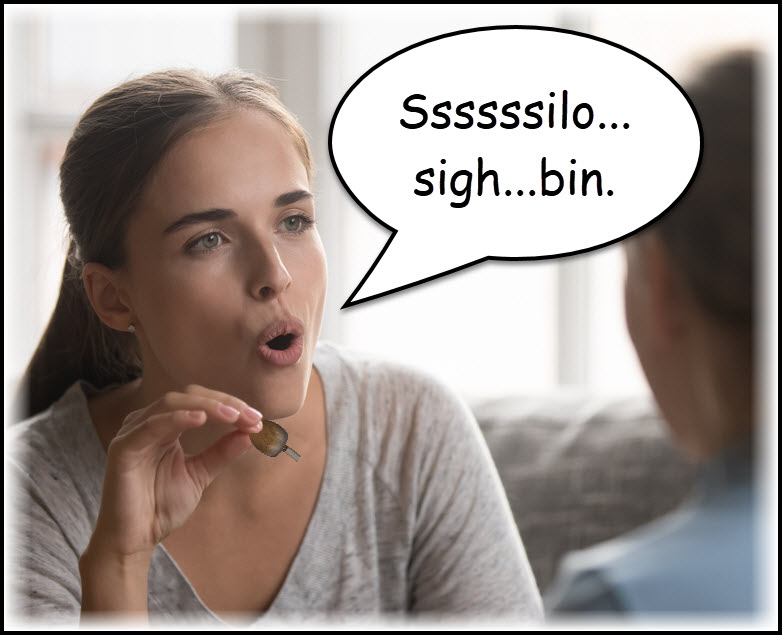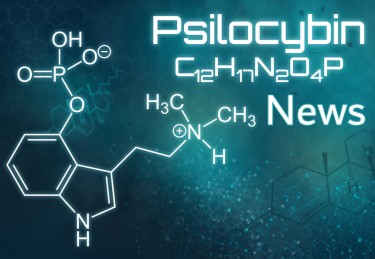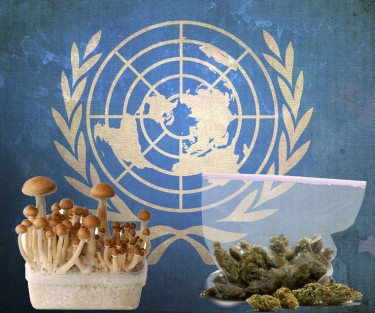
What is psilocybin and why do people take it? (Legal Edition 2022)
Following the decriminalization of magic mushrooms in certain cities across the United States, more and more people are beginning to experience their numerous health benefits, particularly for mental health.
These natural substances have been criminalized and demonized for decades, but today psilocybin appears to be a revolutionary psychiatric breakthrough. There is no doubt that more effective mental health drugs are badly needed, especially given the rise in opioid-related suicides.
The therapeutic benefits of psilocybin have also been recognized by the medical industry. The Johns Hopkins Center for Psychedelic and Consciousness Research has invested in a $17 million funding in a Psychedelics and Psilocybin Therapy and Research Center to help researchers learn more about psychedelics, how they help treat diseases, and new treatments for them Behavioral disorders can develop.
Magic mushrooms treat depression
Depression is one of the most well-studied cases where magic mushrooms have shown promise.
The World Health Organization estimates that around 5% of adults suffer from depression, adding that depression is a leading cause of disability worldwide. While there are numerous types of drugs that have been developed to treat depression, many simply fail to find relief. The most commonly used pharmaceutical antidepressants are selective serotonin reuptake inhibitors, or SSRIs, although their side effects are numerous and include insomnia, sexual problems, nervousness, restlessness, headache, diarrhea, and vomiting, among others.
Psilocybin has proven to be a safe alternative. There are many studies supporting its safety and effectiveness, although one of the most recent, published in April 2021, found that among 59 patients who suffered from moderate to severe depression over a 6-week period, the results of those who those taking high doses of psilocybin compared to the group taking an SSRI called Lexapro weren’t much different. But the group that took psilocybin showed faster improvement in the primary measure of depression. “It is very clear that psilocybin therapy has a faster onset of antidepressant action than escitalopram. And psilocybin was consistently superior on the side results, but it was no different on the primary results,” explained lead author Robin Carhart-Harris, PhD.
There are other well-respected studies to back this up, including one from Johns Hopkins Medicine. “The magnitude of the effect observed was approximately four times greater than what clinical trials have shown for conventional antidepressants on the market,” said Alan Davis, PhD, associate associate professor of psychiatry and behavioral sciences at Johns Hopkins University. “Given that most other depression treatments take weeks or months to take effect and may have adverse effects, this could be a game changer if these results hold up as the ‘gold standard’ in future placebo-controlled clinical trials.”
hope for addiction
Addiction is a silent killer that plagues people worldwide. No one is spared from addiction of any kind, be it tobacco, alcohol, drugs or any other kind.
Anyone who’s ever tried to break a bad habit can tell you that it’s a lot easier said than done. But magic mushrooms can help. dr Matthew Johnson, Associate Director at Johns Hopkins Medical Center and Associate Professor in the Department of Psychiatry, explains that he and his team have already seen success rates using psilocybin for addiction and depression.
“We had incredibly high success rates,” he said. “Eighty percent of the people were biologically confirmed to be abstinent from smoking six months later. And after an average of two and a half years, it has been biologically confirmed that 60% of people have quit smoking. That simply puts the best success rates out there.”
“The most promising potential is addiction – smoking, alcoholism, cocaine,” he adds. “There’s a very good case that psilocybin can treat the psychology of addiction, not just ease the withdrawal symptoms and reduce cravings.” Scientists are still unsure exactly what exactly psilocybin does to the brain to treat addiction, though What is known is that the brain reacts differently to psychedelics than it was originally programmed.
Psilocybin is a safe recreational drug
Aside from the significant health benefits, the recreational use of magic mushrooms is also increasing.
Researchers have found it to be the safest of all types of recreational drugs used worldwide. A 2017 global drug survey of 120,000 people who had used psilocybin in the previous year found that only 0.2% of respondents said they needed emergency medical care. This rate is five times lower than those who used cocaine, LSD and MDMA.
“Magic mushrooms are one of the safest drugs in the world,” said Adam Winstock, founder of Global Drug Survey and consultant addiction psychiatrist. He explains that the real risk is people picking the wrong mushrooms to use. “Death from toxicity is almost unknown, as poisoning with more dangerous mushrooms poses a much greater risk in terms of serious damage,” he tells The Guardian. Additionally, 28,000 of them said they had consumed magic mushrooms at least once in their lives, and 81.7% of them said they were striving for a “moderate psychedelic experience” and “improving the environment and social interactions.”
However, Winstock adds that recreational use of mushrooms should be done with caution. “Combined use with alcohol and use in risky or unfamiliar environments increases the risk of injury, most commonly accidental injury, panic and short-lived confusion, disorientation, and fear of losing your mind,” he says. To avoid panic attacks, he says, “plan your trip carefully with trusted companies in a safe place and always know what mushrooms you’re using.”
Conclusion
This is just the tip of the iceberg when it comes to psilocybin research and its benefits. We hope to see more solid evidence and wider acceptance of the drug in the near future.
FOR MORE NEWS ABOUT PSILOCYBIN, READ THIS…

THE PSILOCYBIN NEWS REPORT – WHAT DO THE LATEST STUDIES SAY?
OR..

WILL THE UN MOVE PSILOCYBIN BEFORE MARIJUANA?

Post a comment: